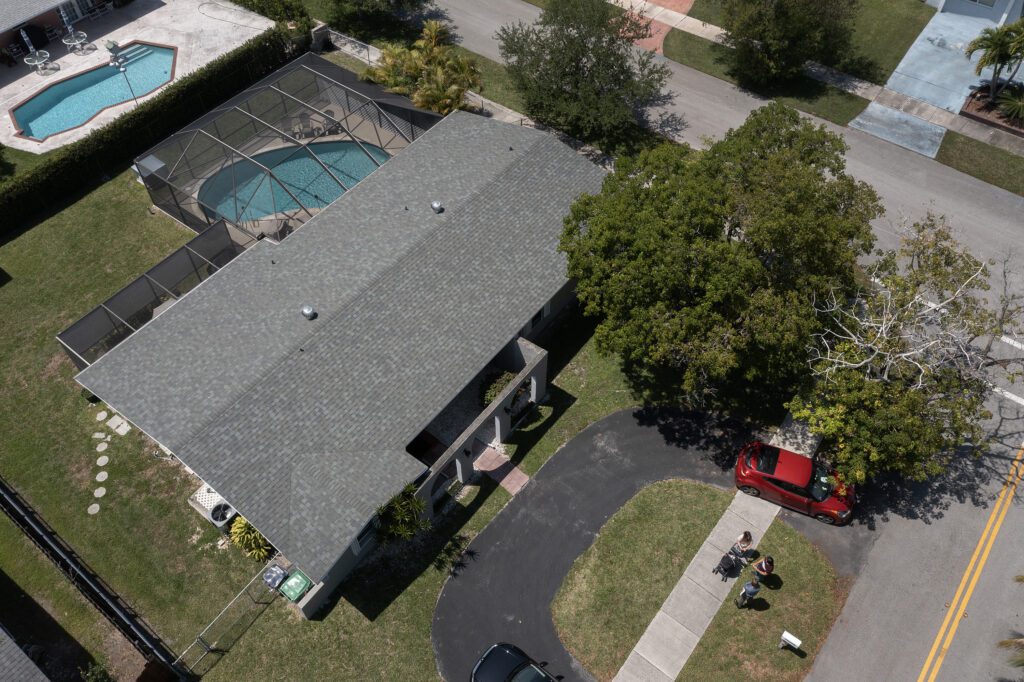Florida Housing Market Faces Inventory Surge and Price Corrections
The Florida real estate market is witnessing a notable shift as unsold homes accumulate, with buyers exhibiting reluctance to engage in transactions. This situation has led to sellers experiencing growing impatience, prompting them to reduce their asking prices. Insights from Wolf Richter, CEO of Wolf Street Corp., reveal that the active listings in Florida rose by 5.9% in March alone and escalated by 34% year-over-year, totaling 177,006 homes, according to Realtor.com data.
Overview of the Current Market Dynamics
Rising Inventory Levels
- Active Listings:
- March 2023 reported 177,006 homes on the market.
- This marks a return to pre-pandemic inventory levels, the highest since 2016.
The housing boom witnessed during the pandemic, driven by remote work opportunities, attracted an influx of residents to Florida. The appeal of sunny weather, relatively affordable housing, and lower taxes fueled demand. In response, construction surged, positioning Florida among the top states for new home builds, second only to Texas.
Factors Restraining Buyer Demand
Although the availability of homes has increased, buyer enthusiasm has diminished due to:
- Reduced remote work: A shift back to in-office work has lessened the urgency for relocation.
- High mortgage rates: Increased interest rates have pushed many potential buyers out of the market.
Regional Breakdown: Major Florida Metros
Notable Increases in Listings
Certain metropolitan areas in Florida are experiencing remarkable spikes in inventory:
-
Tampa Metro:
[link-whisper-related-posts]- Current active listings: 18,003 (up 5.8% month-over-month, 29% year-over-year).
-
Miami Metro:
- Active listings reached 50,841, a 4.4% month-over-month increase.
- Orlando Metro:
- Listings climbed to 13,287, reflecting a 3.9% rise from February.
According to Richter, sellers are adjusting to the market realities, with many reducing their prices as buyer interest remains tepid.

In this aerial view, a real estate associate shows properties to potential buyers in Cutler Bay, Florida.
Market Pressure and Response
Despite a recent decrease in mortgage rates providing slight purchasing power relief, many potential buyers are facing hurdles due to persistent high prices and rising costs associated with property insurance and homeowner association (HOA) fees. Recent data indicates a drop in pending home sales across the state, highlighting these challenges.
Key Highlights:
- Home Sale Cancellations: Two Florida metro areas ranked among the highest nationwide for cancellations:
- Orlando: 18.2%
- Jacksonville: 17.8%
Price Adjustments in the Housing Market
As sellers adapt to the reality of this cooling housing climate, they are significantly adjusting their price expectations:
- Median Listing Price Trends:
- Florida’s price per square foot dropped by 11% since May 2023, now at $367.
- The overall median price of homes fell 17% from June 2022 highs.
Metro Area Price Comparisons (February 2023):
- Miami: $650,000 (down 3.7% YoY)
- St. Petersburg: $727,500 (down 3% YoY)
- Orlando: $370,000 (down 4.6% YoY)
- Tampa: Up 3% YoY at $463,700; actual sold price lower at $423,800.
Expert Insights on Market Trends
Industry analysts predict continued adjustments within the Florida housing market:
-
Nick Gerli, CEO of Reventure App, noted increased listings due to soaring insurance and HOA fees, whilst demand wanes. A projected 5.0% year-over-year decline statewide is anticipated by 2025.
- Robert Washington, a broker in St. Petersburg, indicated that the Tampa market has been entering a correction phase, exacerbated by high-interest rates. However, he observed signs of increasing buyer activity recently.
Conclusion: The Future of Florida’s Housing Market
The Florida housing market is currently navigating through what experts refer to as a price correction phase following years of rapid growth. While many forecasts predict price declines in various cities throughout 2025, home prices remain considerably elevated compared to pre-pandemic levels.
Key Takeaways
- Inventory is back at pre-pandemic levels, signaling a cooling market.
- Buyers face ongoing affordability challenges due to rising costs and high interest rates.
- Sellers are adjusting prices to attract hesitant buyers.
For those interested in exploring more about Florida’s evolving housing market, refer to Realtor.com for the latest statistics and housing trends.


